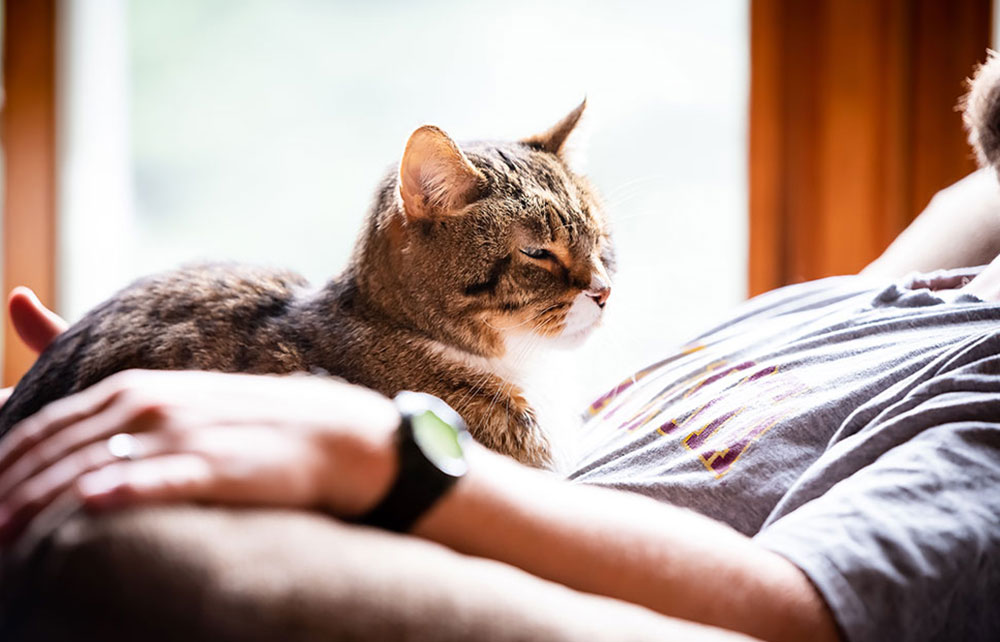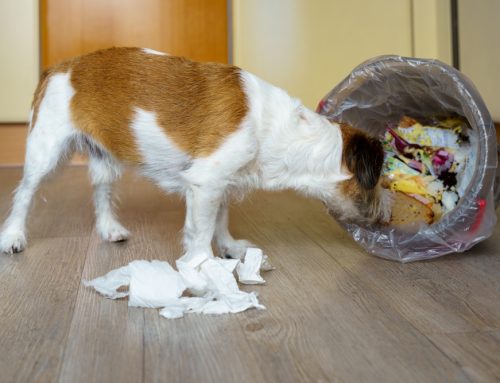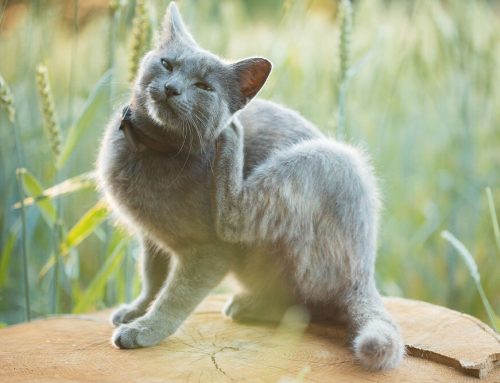Nutrition is a foundation of health, yet myths about pet nutrition abound, creating confusion for pet owners striving to provide the best care. At Stanton Pet Hospital in Stanton, California, we understand the critical role proper nutrition plays in your pet’s well-being and are committed to dispelling misinformation. Below, we’ll tackle common pet nutrition myths, explain their implications, and provide actionable tips to help your pet live a long, healthy life.
Why Nutrition Matters
Proper nutrition is not just about feeding your pet—it’s about fueling their growth, energy, and overall health. Nutritional imbalances can lead to serious health conditions, from obesity to organ dysfunction. With so much at stake, understanding the facts about pet nutrition is essential.
Myth 1: Grain-Free Diets Are Better for Pets
Grain-free diets have become increasingly popular, driven by marketing claims and misinformation. Many pet owners believe grains cause allergies or digestive issues, but there’s no substantial evidence to support these claims. In fact, avoiding grains can pose health risks for pets, particularly dogs.
What the Science Says
Studies have linked grain-free diets to dilated cardiomyopathy (DCM), a serious heart condition in dogs. This connection likely stems from inadequate taurine levels, an essential amino acid found in grains. While some dogs have grain allergies, these cases are rare. For most pets, grains are a healthy source of energy, fiber, and nutrients like B vitamins.
The Risks of Avoiding Grains
- Heart Disease: Low taurine levels can lead to DCM, especially in breeds predisposed to the condition.
- Digestive Health: Grains support a healthy gut microbiome with their fiber content.
- Nutrient Deficiency: Excluding grains can disrupt the balance of essential vitamins and minerals.
How to Keep Your Pet Safe
- Consult Your Vet: Before making dietary changes, seek professional advice.
- Monitor Health: Watch for symptoms of heart issues, such as lethargy or coughing, and schedule regular check-ups.
- Choose Balanced Diets: High-quality pet foods with grains provide vital nutrients for overall health.
Myth 2: Dogs Are Carnivores and Only Need Meat
A common misconception is that dogs should only eat meat. While dogs are descendants of wolves, they are omnivores, thriving on a balanced diet of protein, carbohydrates, and fats. Meat is essential, but it’s not enough to meet all their nutritional needs.
Why Balance Is Key
Protein is crucial for muscle development, but dogs also require other nutrients. Vegetables and grains provide fiber, vitamins, and minerals that meat alone cannot offer. Feeding an exclusively meat-based diet can lead to:
- Vitamin Deficiencies: Lack of essential nutrients like calcium and phosphorus can weaken bones and teeth.
- Health Issues in Puppies: Incomplete nutrition can stunt growth and cause developmental problems.
- Behavioral Changes: Irritability or lethargy can result from dietary imbalances.
Practical Tips
- Incorporate Variety: Include vegetables and grains alongside proteins.
- Check Labels: Look for commercial pet foods labeled as “complete and balanced.”
- Stay Consistent: Avoid drastic dietary changes without consulting your veterinarian.
Myth 3: Homemade Diets Are Always Better
The idea of cooking meals for your pet may seem like the ultimate expression of care, but homemade diets often fall short of providing complete nutrition. Without professional guidance, these diets can lead to serious health issues over time.
The Problem with DIY Diets
Homemade diets can unintentionally omit essential nutrients, leading to conditions like:
- Metabolic Bone Disease: Caused by imbalances in calcium and phosphorus.
- Immune System Dysfunction: Deficiencies in vitamins and minerals can weaken your pet’s defenses.
- Organ Damage: Prolonged nutritional gaps can harm vital organs, such as the liver and kidneys.
When Homemade Works
- Consult an Expert: Work with a veterinary nutritionist to design a balanced diet.
- Supplement Carefully: Add supplements to meet nutritional gaps identified by a professional.
- Mix It Up: Combine homemade meals with high-quality commercial food for balance and convenience.
Myth 4: All Human Foods Are Safe for Pets
It’s tempting to share food with our pets, but many human foods are unsafe for them. Chocolate, xylitol, onions, and grapes are just a few examples of foods that can cause toxicity, leading to severe health problems or even death.
The Dangers of Table Scraps
Feeding pets human food regularly can:
- Cause Obesity: Extra calories from table scraps can lead to weight gain, diabetes, and joint stress.
- Induce Toxicity: Foods like chocolate or xylitol can cause vomiting, seizures, or liver failure.
- Create Picky Eaters: Regular indulgence in human food may lead your pet to reject their nutritionally balanced meals.
Safety Tips
- Educate Your Family: Ensure everyone knows which foods are toxic to pets.
- Use Pet-Safe Treats: Choose treats specifically designed for pets.
- Practice Portion Control: If you do share food, limit it to small, safe portions.
Why Professional Guidance Matters
Every pet is unique, and their nutritional needs can vary based on their age, breed, activity level, and health conditions. A tailored diet, created in collaboration with your veterinarian, ensures your pet receives the nutrients they need for optimal health.
Benefits of Veterinary Consultations
- Personalized Plans: Diets customized to your pet’s needs.
- Proactive Health Management: Early detection of nutritional deficiencies or health concerns.
- Expert Advice: Guidance backed by science and experience.
Stanton Pet Hospital’s Commitment to Your Pet’s Nutrition

At Stanton Pet Hospital, we prioritize your pet’s health through comprehensive care. Our services include nutritional assessments, weight management plans, and wellness programs designed to keep your pet thriving.
- Explore Our Services: Learn how we support your pet’s health journey.
- Schedule a Nutritional Consultation: Let us design a diet plan tailored to your pet’s needs.
- Read Our Blog: Stay informed with expert tips and advice.
Empowering Pet Owners with Accurate Information
By debunking common nutrition myths, Stanton Pet Hospital equips pet owners with the knowledge to make informed decisions. Nutrition is the foundation of health, and with professional guidance, you can give your pet the care they deserve.
Frequently Asked Questions
Can I feed my pet a vegetarian diet?
Yes, but it requires careful planning and veterinary oversight to ensure all nutritional needs are met.
How often should I change my pet’s diet?
Avoid frequent changes unless recommended by a veterinarian. Gradual transitions are key to avoiding digestive upset.
What should I do if my pet eats something toxic?
Contact your veterinarian or an emergency clinic immediately. Quick action can save your pet’s life.
By prioritizing accurate information and professional guidance, Stanton Pet Hospital is your trusted partner in ensuring your pet’s health and happiness. Let us help you provide the balanced nutrition your pet deserves.






Leave A Comment